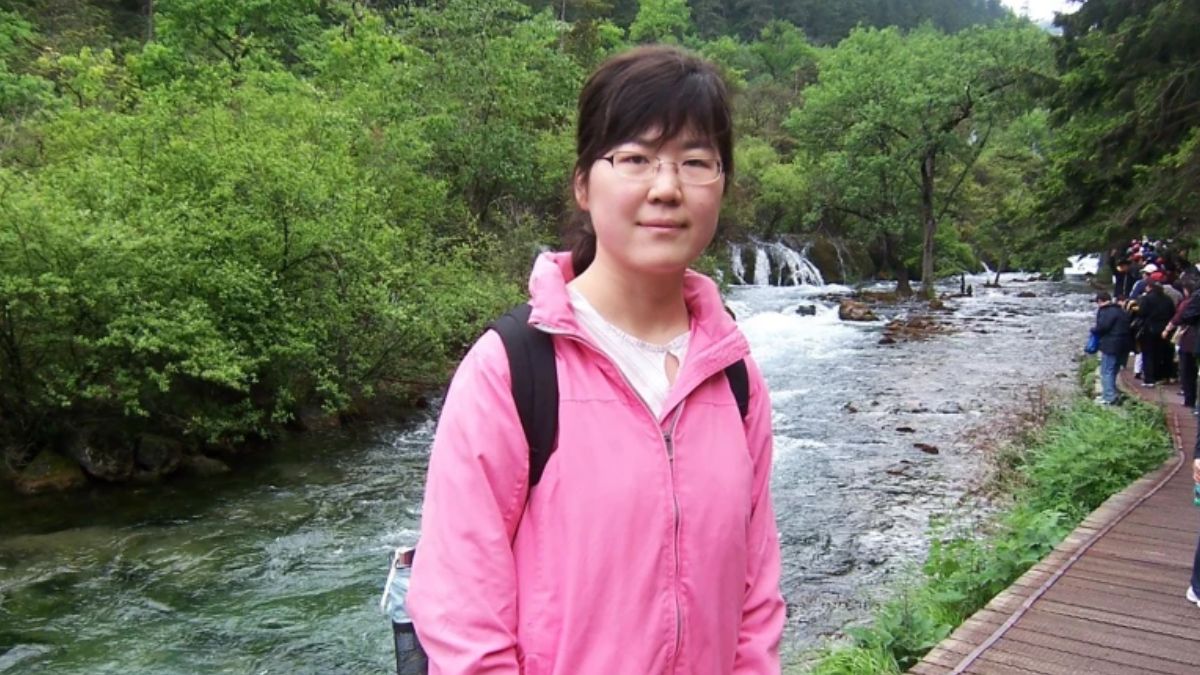Zhang Zhan once put everything on the line to show the world the reality of Wuhan at the height of the Covid-19 outbreak.
Now, after completing a four-year prison term for her reporting, the Chinese citizen journalist has again been handed another four-year sentence. On Friday, the Shanghai Pudong New Area People’s Court convicted her again for “picking quarrels and provoking trouble”, a catch-all term used to target government critics.
Speaking to the Guardian, Antoine Bernard, director of advocacy and assistance at Reporters Without Borders (RSF), a press freedom group, described Zhang’s trial as “not only prosecution, it’s persecution.”
So who exactly is Zhang Zhan? What did she do to face such punishment? And why does her case matter today? Here’s a closer look.
Who is Zhang Zhan?
Zhang Zhan, 42, is a former lawyer from Shaanxi province who transitioned into independent journalism to document the realities of the Covid-19 outbreak. She is now one of China’s most outspoken citizen journalists.
According to a biography published by her supporters last year, Zhang converted to Christianity in 2015, and it was around this time that she began speaking out on human rights issues. Her activism soon drew the attention of authorities.
In 2019, she was arrested in Shanghai after staging a protest in support of Hong Kong. Zhang wrote articles, posted comments, and even held placards backing the pro-democracy movement.
For this, she was detained, and according to the human rights organisation Front Line Defenders, forced to undergo psychiatric examinations while in custody.
What did Zhang Zhan do?
In February 2020, Zhang left her home in Shanghai and travelled to Wuhan, then the epicentre of the Covid-19 outbreak. She wanted to show the world what was really happening inside hospitals and on the city’s streets. Despite repeated warnings and threats from the authorities, she kept livestreaming and writing essays about what she saw.
Her videos, which have been watched more than 100,000 times, offered a rare and unfiltered glimpse into the early days of China ’s strict zero-Covid policy. She openly criticised officials for curbing people’s freedoms under the banner of pandemic controls.
By May 2020, Zhang was arrested and later sentenced to four years in prison. While behind bars, she went on several hunger strikes to protest her conviction and treatment. According to court documents seen by Reuters, police restrained her hands and force-fed her through a tube, her lawyers revealed at the time.
Her courage did not go unnoticed. In 2021, she was awarded the Reporters Without Borders (RSF) Press Freedom Award for courage.
When Zhang was finally released in May 2024, she kept a low profile. Supporters believe she was under heavy police watch, a common fate for Chinese dissidents.
Just a few months later, in August 2024, she was detained again and formally arrested in November. Prosecutors accused her of posting on X and YouTube in ways that “seriously damaged the country’s image.”
Why Zhang Zhan’s case matters
China currently holds the world’s largest number of jailed journalists, at least 124 media workers are behind bars. In the 2025 RSF World Press Freedom Index, the country ranks 178 out of 180.
Her former lawyer, Ren, wrote on X that the new charges stemmed from Zhang’s online comments on overseas platforms, insisting she had committed no crime. Authorities, however, have never publicly explained what specific activities she was accused of.
Press freedom groups say this is part of a pattern. “This is the second time Zhang Zhan has faced trial on baseless charges that amount to nothing more than a blatant act of persecution for her journalism work,” said Beh Lih Yi, Asia-Pacific director at the Committee to Protect Journalists.
Others argue Zhang deserves recognition, not punishment. “She should be celebrated globally as an ‘information hero’, not trapped in brutal prison conditions,” said Aleksandra Bielakowska, RSF’s Asia-Pacific advocacy manager.
Human rights advocates are now urging the international community to step up pressure on Beijing for her release, warning that her “ordeal and persecution must end.”
With input from agencies
)